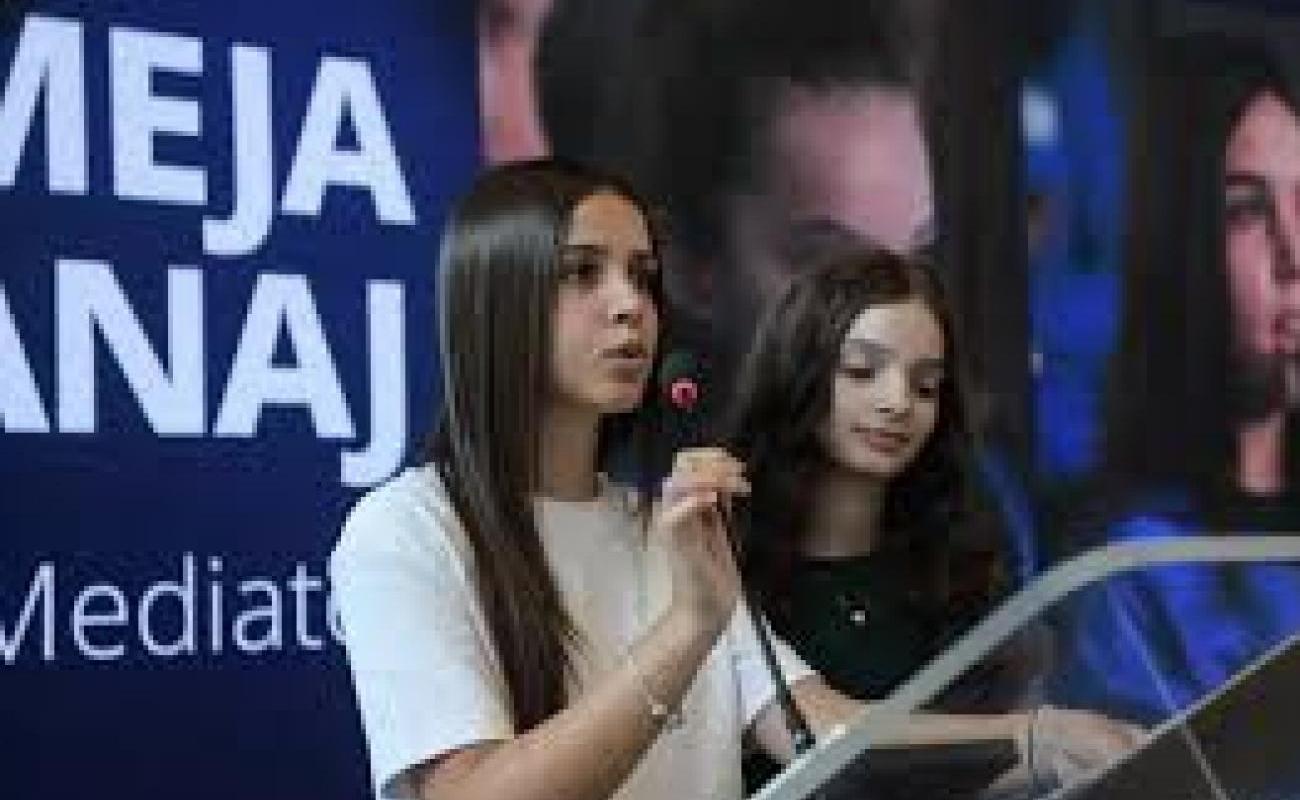Closing the Gaps for Children in Kosovo: EU and UNICEF Drive Systemic Change to Protect the Most Vulnerable

The European Union and UNICEF Kosovo today mark the successful conclusion of their three-and-a-half-year joint Action Protecting Vulnerable Children in Kosovo, a €2.2 million investment implemented from January 2022 to June 2025. This strategic partnership has delivered significant improvements to the protection, inclusion, and well-being of the most vulnerable children in Kosovo.
This collaboration adopted a child-centered approach bridging direct support for children and families with sustainable system reforms. By working together with central and local institutions, civil society organizations, and communities, the Action advanced the legal and policy framework, expanding access to essential and specialized services for around 10,000 vulnerable children and their families, and strengthening the capacity and empowerment of 1,668 key stakeholders and service providers to effectively respond to emerging challenges.
European Union and UNICEF have acted as advocates, and catalysts for systemic change bringing stakeholders together, influencing legislation, and elevating the needs of children to the forefront of Kosovo’s agenda.
“This partnership reflects our shared vision: a Kosovo where every child is safe, included, and given the opportunity to thrive,” said Veronika Vashchenko, Head of UNICEF Kosovo. “We are proud of what has been achieved and are committed to ensuring that these gains are sustained and expanded.”
Key Achievements
Protecting Children in Street Situations and Enhancing Education Access
2,250 vulnerable children (55% girls) in street situations received emotional, educational and psychological services through mobile teams in six municipalities and services at Day Care Centers in Pristina and Prizren. 300 vulnerable families (228 mothers) from Roma, Ashkali and Egyptian communities in four municipalities benefited from tailored support services, including individual counselling, psychosocial support, parenting programmes, vocational and soft skills training, and income-generating assistance. Around 2,065 children in medium and high risk were supported with prevention, protection and reintegration services provided by Case Management Roundtables.
Awareness campaigns reached over 604,500 people, with messages on preventing child begging and abuse, reducing stigma and violence, discouraging public support for exploitative practices, and encouraging the reporting of child abuse. Through the establishment of Prevention and Response Teams against Abandonment and Non- Enrollment (PRTANs)teams in 151 schools across Kosovo, 985 children at risk of dropping out were identified, and 340 children who had already dropped out were successfully reintegrated into the education system. 500 PRTAN members and 238 social workers, community-based organisations strengthened their capacities on the implementation of AIs, monitoring, reporting and referral of children in street situations, out of school and children in need of protection.
Promoting Inclusion for Children with Disabilities
Over 2,100 children with disabilities and nearly 1,800 parents accessed inclusive education, assistive technology, and community-based rehabilitation services. UNICEF’s efforts secured a €3.7 million commitment for disability services across five municipalities, while the campaign #UntieTheKnot reached over 840,000 people, advocating for inclusive services and environments. 600 professionals strengthened their capacities to provide care and protection to children with disabilities and children without parental care.
Preventing Violence Against Children
Peer mediation programmes were introduced in 30 schools, engaging more than 4000 students in conflict resolution and violence prevention. National guidelines on online safety were adopted, and a digital campaign against cyberbullying reached close to 300,000 people. Structural standards and SOPs for Child Protection Houses were developed, setting the groundwork for future child-friendly services for victims and witnesses of violence.
Promoting Child-Friendly Justice
Over 330 justice professionals including police, prosecutors, judges, probation and correctional staff were trained on child-sensitive procedures and implementation of diversion measures. A newly developed Child Justice Training Curriculum was integrated into the Kosovo Justice Academy; additionally, 74 juveniles at the Education and Correctional Centre benefited from vocational and life skills programs supporting their rehabilitation and reintegration.
During his address, Johannes Madsen, Head of Cooperation at the European Union Office in Kosovo, expressed gratitude for the partnership with UNICEF and reaffirmed the EU’s continued commitment:
“As the largest donor in Kosovo, the European Union takes pride in advancing the protection and rights of the most vulnerable children through close collaboration with UNICEF, local institutions, and civil society. While we acknowledge the progress made, our commitment to ensuring every child grows up safe, supported, and hopeful remains unwavering. Although this project is concluding, the European Union will continue to stand firmly alongside the children of Kosovo in building a more inclusive and just society.”
